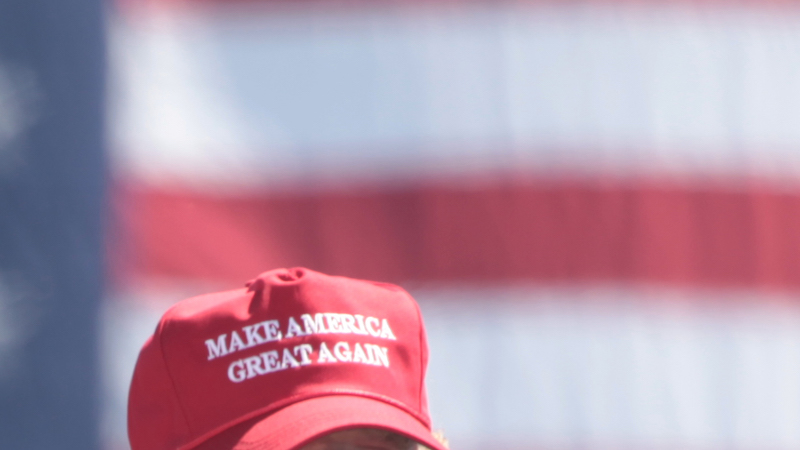Donald Trump’s proposal on Thursday to negotiate a better climate deal for the US after pulling out of the Paris Agreement has met with derision from legal and diplomatic experts.
Under the Paris Agreement, the earliest a party can give notice of its intention to quit is 4 November 2019, three years after the deal entered into force. That decision will not take effect until 4 November 2020, the day after the next US presidential election. Trump rejected the faster, but more legally complicated, option of withdrawing from the overarching UN climate convention.
Susan Biniaz, a former top climate lawyer for the state department who quit after Trump’s election, described his stance as “incoherent” in an email to Climate Home. “We wouldn’t even be out until Nov 2020, so how would we re-enter? It might just be a clumsy way of saying he’s leaving the door slightly open to not actually withdraw when the time comes in 2019.”

Excerpt from the Paris Agreement setting out the terms for withdrawal
For the next four years, the US can continue to attend international climate talks. If negotiators wanted to alter the substance of the Paris Agreement in that time, they would have to request an agenda item and get other countries to accept it.
After a speech that attacked China and India, leaving the US in a small club of Paris refuseniks with Nicaragua and Syria, Trump’s prospects of winning such acceptance look slim.
“It was a really divisive and unnecessarily isolating speech,” said Farhana Yamin, founder of non-profit network Track 0 and a veteran of climate talks. “This is such a foreign policy disaster, because it alienates everyone in the rest of the world.”
The government leaders of Germany, France and Italy swiftly declared that the Paris Agreement “cannot be renegotiated”.
Christiana Figueres, who led the UN climate body through Paris, told reporters in a press call the US could ask to re-enter the agreement after 2020. But she quashed the idea the US could demand different terms.
“This is in essence a multilateral agreement,” she said. “That’s why it took six years to bring together and no one country can unilaterally change the conditions.”
Her successor Patricia Espinosa agreed in a tweet, saying the “historic treaty… cannot be renegotiated based on the request of a single party”.
#ParisAgreement, a historic treaty signed by 194 & ratified by 147 countries, cannot be renegotiated based on the request of a single Party. https://t.co/FEz1JsVmk0
— Patricia Espinosa C. (@PEspinosaC) June 2, 2017
Climate Weekly: Sign up for your essential climate news update
It is unclear what Trump would wish to change, given that the existing framework does not penalise the US for breaking promises made by predecessor Barack Obama.
Trump has already started unpicking Obama-era policies to cut greenhouse gas emissions, framing them as threats to fossil fuel and energy-intensive industries. He also axed financial support to developing countries from the budget.
“The concerns he raises do not even require renegotiation, even if other countries were willing to do so – which I doubt they would be,” said Biniaz. “If he’s concerned about an unfair [emissions] target, he can change it unilaterally. No other country’s permission is required. And financial contributions are voluntary, so that doesn’t require renegotiation either.”
While there is no formal enforcement mechanism for the Paris Agreement, Trump’s withdrawal has diplomatic repercussions.
In a video statement that has had more than a million views, French president Emmanuel Macron described the decision as “a mistake, both for the US and for our planet”.
Bypassing the federal government, he appealed directly to US citizens disappointed by Trump’s action to work with France on “concrete solutions” to climate change.
